FSSAI
FSSAI license services help businesses acquire the Food Safety and Standards Authority of India (FSSAI) license. This license is mandatory for all food businesses in India. The type of license you need depends on your business's annual turnover. These services can assist with the application process, ensuring it's completed accurately and efficiently.
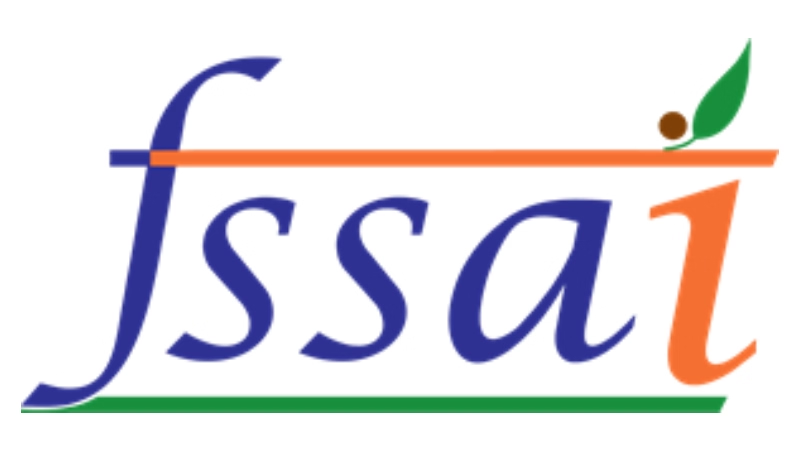
Benefits of procuring FSSAI license
- Legal compliance
- Consumer trust
- Expansion opportunities
- Access to information
- Brand reputation
- Reduced risk
Types of License:
- State-Turnover in between 12 lakh to 20 crores
- Central- Turnover more than 20 crores
- Registration- Turnover less than 12 lakh
Documents required:
- layout plan of the processing unit
- List of Directors
- Photo I.D and address proof.
- Form IX
- Board of resolution
- Water analysis report
- Proof of possession of premises
- Partnership Deed/Affidavit/Memorandum & Articles of Association towards the constitution of the firm.
- Food Safety Management System plan or certificate
- Recall plan
- NOCs from Municipality or local body
Registration process for FSSAI license
- Step 1: A login is to be created first in the foscos website
- Step 2: Fill the required details along with necessary documents.
- Step 3: Make the payment of registration fee.
- Step 4: Documents scrutination by food authority
- Step 5: Application get approved and generate the fssai license no.
Legal Metrology Act
The Legal Metrology Act regulates food product measurement and packaging, ensuring accurate and equitable sales. It protects customers from misleading practices and promotes transparency in food transactions by defining labelling, weight, and volume metrics. Food enterprises must abide by this law to provide accurate information and uphold standards.
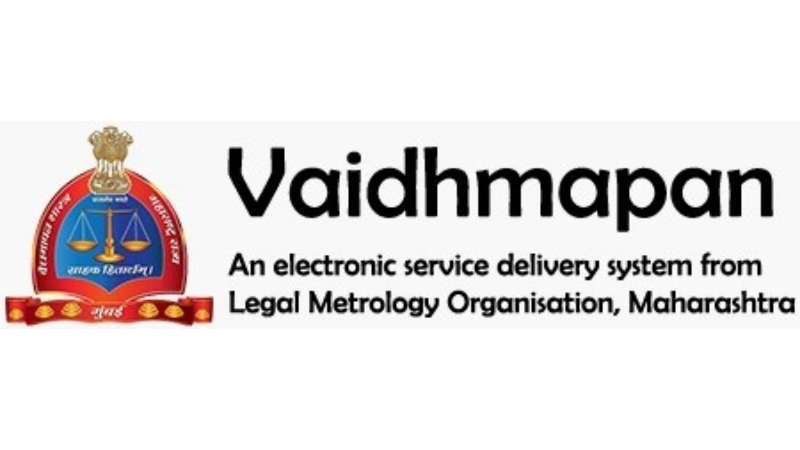
Documents required:
- Shop and establishment act
- Pan card of company
- List of director
- MoA, AoA
- FSSAI license
Application process:
- FIll an application form
- Pay the requisite fees
- Upload documents
- Submit the application
- Certificate issue
Validity:
- 1 year. It will be renew after every year
Vegan food approval by FSSAI
1. Vegan food refers to ingredients in food, including additives, flavourings, enzymes, carriers, and processing aids, that are not animal-derived and have not been used in production or processing..
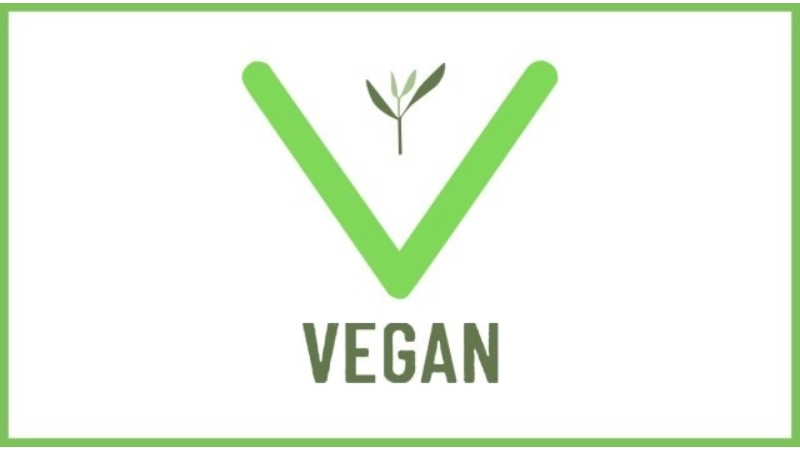
They exclude meat, dairy, eggs, and other animal products.
2. Common vegan foods include fruits, vegetables, grains, legumes, nuts, seeds, and plant-based alternatives like tofu, tempeh, and plant-based milk
Application process:
- Fill out and submit Form A along with the requisite fees.
- The food authority scrutinises the application.
- The food authority either approves or rejects the application.
Documents required:
- Product name
- Ingredients
- Detailed process flow sheet
- Certificate of analysis (CoA) of each ingredient from supplier
- Label copy
- Final product COA from FSSAI notified lab
- Self-declaration form
Fee:
- 25000 Rs + GST
Spice Board
The Spice Board of India is a government organisation under the Ministry of Commerce and Industry. In both domestic and foreign markets, it is in charge of developing and promoting Indian spices. The board is crucial for maintaining the quality, security, and export of different spices made in India.
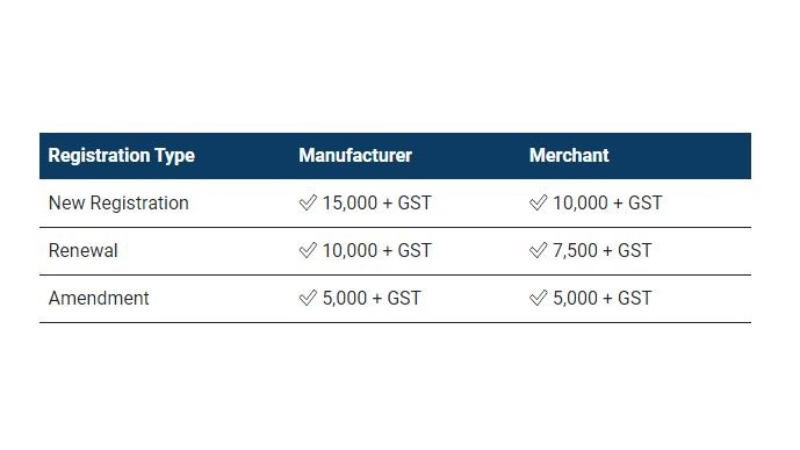
Documents required:
- Import Export Code
- PAN Card
- GST Certificate
- Confidential bank Report showing the net worth of the company
- If the company authorizes the applicant to file the application, then an authorization letter authorizing that applicant is also needed
- Certificate of Incorporation/Partnership Deed/MOA – AOA
- List of Directors/partners and their contact information.
- MSME registration
- FSSAI/ Pollution Control Board Certificate
- Proof of possession
Application process:
- fill out application form
- Upload all necessary documents
- Application assessment
- Pay registration fee
- Premises inspection
- Certificate generated
Validity:
- 3 years
APEDA
APEDA, the Agricultural and Processed Food Products Export Development Authority, is an autonomous organization established by the Indian government under the Ministry of Commerce and Industry. Its primary objective is to promote the export of agricultural and processed food products, providing services like market research, quality control, infrastructure development, and capacity building. APEDA also works on maintaining and improving product quality, adhering to international standards and regulations.
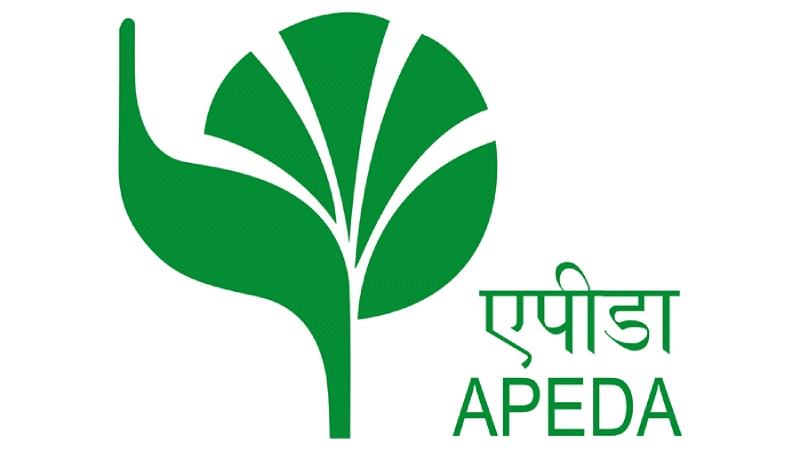
Documents required:
- Import-export code document
- Bank certificate
- Firm’s Account statement for past 3 months
- Cancelled cheque
Application process:
- Filling of application form
- Upload all necessary documents
- Pay the requisite fees
- Submitting of application form
Validity:
- 5 years
Fee:
- 5000 + GST
Factory Act
The Factories Act, 1948 (Act No. 63 of 1948), as amended by the Factories (Amendment) Act, 1987 (Act 20 of 1987), served to assist in formulating national policies in India with respect to occupational safety and health in factories and docks in India. It deals with various problems concerning safety, health, efficiency and well-being of the persons at work places. It was replaced by the Occupational Safety, Health and Working Conditions Code,2020.

The Act is administered by the Ministry of Labour and Employment in India through its Directorate General Factory Advice Service & Labour Institutes (DGFASLI) and by the State Governments through their factory inspectorates. DGFASLI advises the Central and State Governments on administration of the Factories Act and coordinating the factory inspection services in the States.
The Act is applicable to any factory using power & employing 10 or more workers and if not using power, employing 20 or more workers on any day of the preceding twelve months, and in any part of which a manufacturing process is being carried on with the aid of power, or is ordinarily so carried on, or whereon twenty or more workers are working, or were working on any day of the preceding twelve months, and in any part of which a manufacturing process is being carried on without any power.
MPCB
- The Maharashtra Pollution Control Board (MPCB) is a government agency responsible for environmental protection and pollution control in the state of Maharashtra, India.
- Established in 1970 under the Water (Prevention and Control of Pollution) Act, the MPCB's primary objective is to monitor and regulate various sources of pollution, including air, water, and noise pollution.
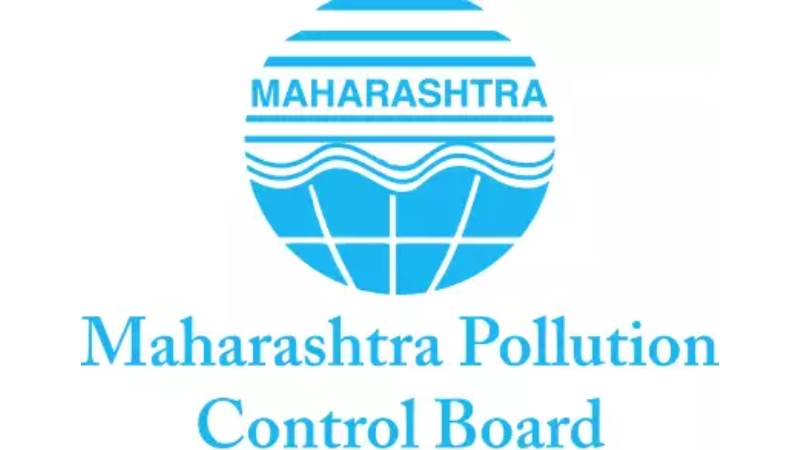
- MPCB plays a crucial role in implementing and enforcing environmental laws and policies to safeguard the state's natural resources and public health.
- The board carries out regular inspections of industries, commercial establishments, and construction projects to ensure compliance with environmental regulations.
- The board carries out regular inspections of industries, commercial establishments, and construction projects to ensure compliance with environmental regulations.
- Air Quality
- Water Quality
- Noise Quality
Documents required:
- Proof of possession of premises
- Detailed proposal for pollution control system
- Certificate of Incorporation
- Manufacturing process
- CA certificate, balance sheet, Capital investment
Application process:
- Register on online website https://www.ecmpcb.in/
- Fill the application form along with essential documents.
- Pay the requisite fee and submit the application
- Site visit by field officers
- Application scrutinization
- Certificate generated
Validity:
- 5 years
Land Acquisition
- The Maharashtra Pollution Control Board (MPCB) is a government agency responsible for environmental protection and pollution control in the state of Maharashtra, India.
- Established in 1970 under the Water (Prevention and Control of Pollution) Act, the MPCB's primary objective is to monitor and regulate various sources of pollution, including air, water, and noise pollution.

- MPCB plays a crucial role in implementing and enforcing environmental laws and policies to safeguard the state's natural resources and public health.
- The board carries out regular inspections of industries, commercial establishments, and construction projects to ensure compliance with environmental regulations.
- The board carries out regular inspections of industries, commercial establishments, and construction projects to ensure compliance with environmental regulations.
- Air Quality
- Water Quality
- Noise Quality
Documents required:
- Proof of possession of premises
- Detailed proposal for pollution control system
- Certificate of Incorporation
- Manufacturing process
- CA certificate, balance sheet, Capital investment
Application process:
- Register on online website https://www.ecmpcb.in/
- Fill the application form along with essential documents.
- Pay the requisite fee and submit the application
- Site visit by field officers
- Application scrutinization
- Certificate generated
Validity:
- 5 years
Import-Export certificate
IEC is a 10-digit code issued by a government for individuals or businesses involved in import and export activities. It facilitates customs clearance and helps track international trade transactions, with requirements and procedures varying across countries.
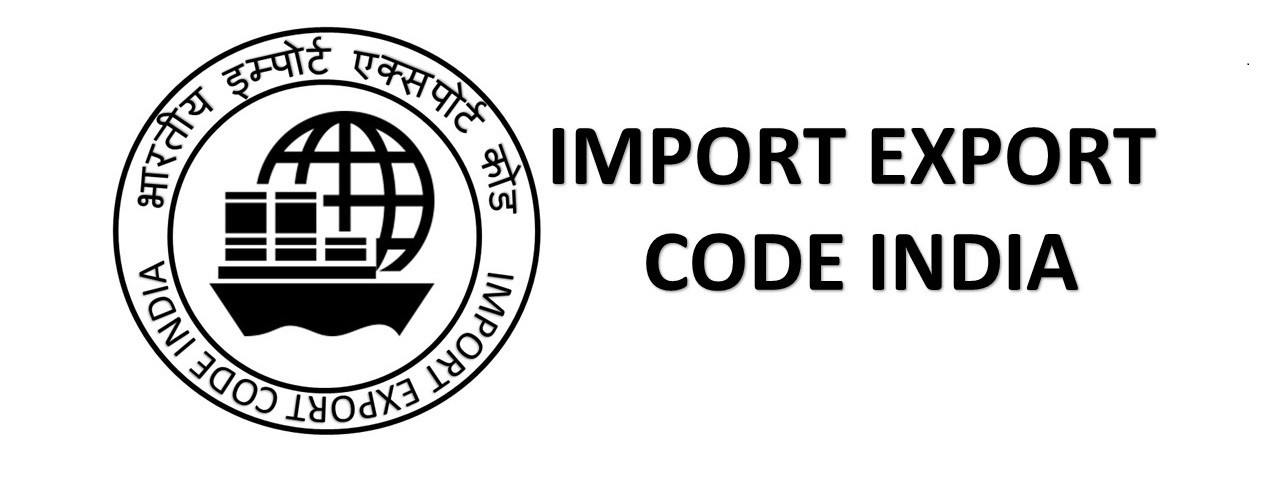
Documents required:
- PAN Card of business organisation
- Certificate of Incorporation
- Bank account details of the organisation with cancelled cheque
- Address proof of organisation
- Identity proof and passport size photograph
Application process:
- Registration on Government portal
- Filling of application form
- Filling of application form
- Upload all essential documents
- Submission of form
- Verification by DGFT
- Issuance of IEC code
Validity:
- 1 year. It will renew after one year
Fee:
- 500 Rs.
Organic Certification
An organic food certificate is a label that confirms products adhere to organic farming standards and are free of artificial chemicals, pesticides, and genetically modified organisms (GMOs). The farms and producers are evaluated by certifying organisations to make sure they follow these guidelines, giving consumers confidence in the product's organic certification and quality controls.
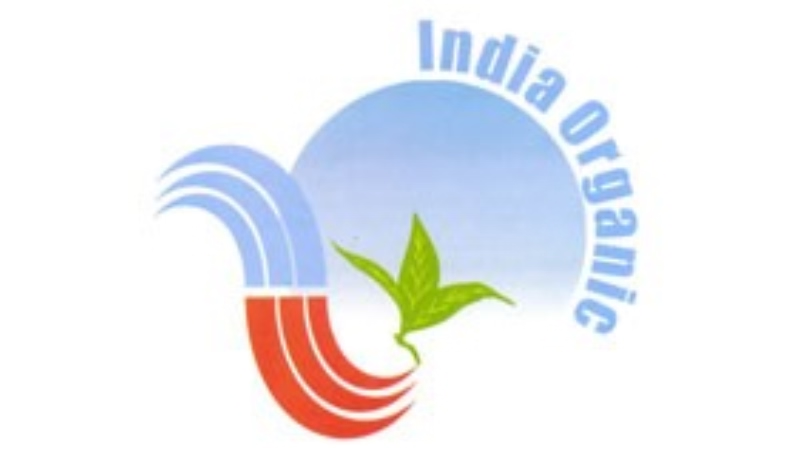
Documents required:
An application can be prepared and submitted by the applicant once the standards for organic farming have been met.
- Organic production system plan
- Soil and water test report
- 7/12 extract
- Off farm input guaranty
Application process:
In order to ensure that their farm satisfies the necessary standards, a person (farmer/processor/trader) seeking an organic farming certificate must adhere to NPOP's standards for organic crop production.
- Submit application form along with fees.
- Field verification as specified by NPOP
- Review application form
- Inspection visit
- Issued of certificate
Validity:
- 1 year. It will be renew after every year
Eligibility:
- Since two to three years, the product must be linked to authenticity in order to receive certification. For initial certification, the soil must satisfy the prerequisite that it has been free of the use of prohibited substances (synthetic chemicals, etc.) for a period of time. For this time, a conventional farm must adhere to organic standards.
ISO Certification
ISO 9001 is the internationally recognized standard for Quality Management Systems (QMS). It's a framework that helps organizations of all sizes and industries demonstrate their ability to consistently deliver products and services that meet customer and regulatory requirements.
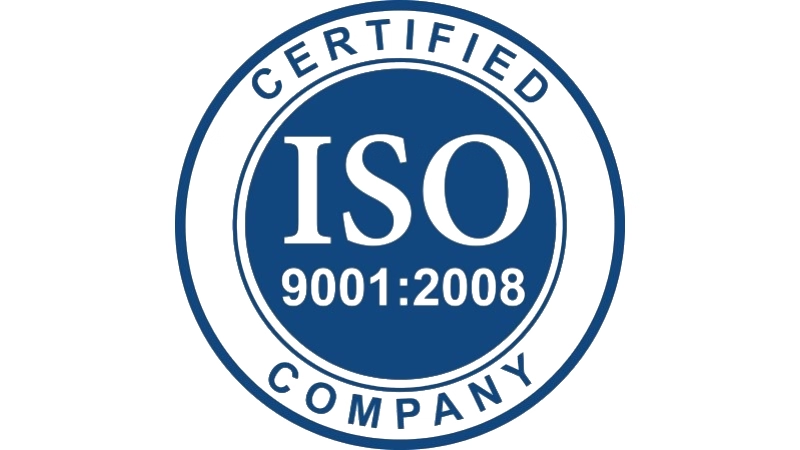
Here are some key points about ISO 9001:
- Focus on customer satisfaction: The standard emphasizes understanding customer needs and exceeding their expectations.
- Process-oriented approach: It requires organizations to define and document their key processes, ensuring consistency and efficiency.
- Continuous improvement: A core principle of ISO 9001 is the concept of continual improvement, encouraging organizations to constantly strive to be better
- Benefits: Implementing ISO 9001 can lead to improved customer satisfaction, increased efficiency, reduced costs, and enhanced competitiveness.
E.Halal Certificate:
Halal certification refers to a formal recognition that a product or service complies with Islamic law (Sharia) principles. It assures Muslim consumers that a product or service is permissible for consumption or use. This includes adhering to guidelines on ingredients, slaughter methods, and overall production processes.
- Purpose: It assures Muslim consumers that a product or service is permissible for consumption or use. This includes adhering to guidelines on ingredients, slaughter methods, and overall production processes.
- Products requiring certification: Food and beverages are the most common examples, but cosmetics, pharmaceuticals, and even services like halal tourism can also be certified.
- Certification bodies: Recognized halal certification bodies assess and verify compliance with halal standards. These bodies may be governmental or non-governmental organizations.
- Benefits: For businesses, halal certification opens doors to the vast Muslim consumer market and demonstrates a commitment to ethical production. For consumers, it provides peace of mind when purchasing products that align with their religious beliefs.
Application process:
- Application form
- Prepare documentations and manuals
- Conduct audit
- Generate a audit report
FSSC Certification
A comprehensive food safety management system certification scheme, FSSC (also known as FSSC 22000) is built upon three current certifications: ISO 22000, ISO 22002-1 (a precondition for food processing), and ISO 22002-4 (a prerequisite for package manufacturing)
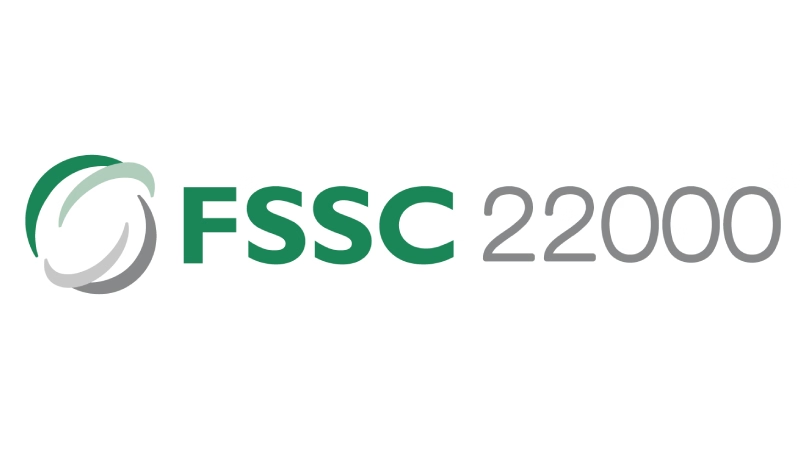
FSSC is a certification scheme that is benchmarked by the Global Food Safety Initiative (GFSI) and is suitable for food companies who prioritise scientific and technological advancements, as well as those who operate worldwide. Large organisations may also find FSSC intriguing because, being ISO 17021 based, it permits site sampling, which could result in cost savings for a large multisite business.
Moving from ISO 22000 to FSSC 22000 can be a fairly easy procedure for firms that are already certified, and it doesn't require expensive or time-consuming assessments. It is possible to combine an approaching ISO 22000 audit with the FSSC 22000 transition audit through an FSSC licensed certification organization, like PJR!
Why become FSSC 22000 certified?
- The FSSC Foundation is independent, meaning that FSSC 22000 is managed free of outside influences.
- Internationally accepted by food buyers worldwide.
- GFSI benchmarking may fulfill additional buyers’ requirements; GFSI benchmarks are among the highest, most stringent and up-to-date set of standards globally.
- Applying a management system aimed at both internal and external food safety risks may give a competitive advantage.
- Certification to a food safety management system may help develop a more rigorous internal food safety culture.
HALAL Certification
A Halal certification is a guarantee that the food is prepared adhering to the Islamic law and is unadulterated. It is primarily used on meat products as well as other food items including milk, meals in cans, and additives. In particular, Halal certifies that for meat products, the animals were killed in a single cut, fully bled, and their meat was not in contact with any other animals that were slaughtered, particularly those that were pork products.
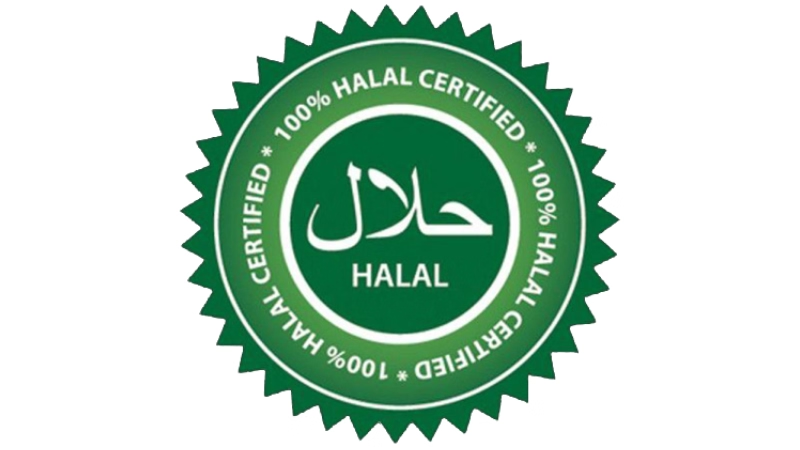
Halal-certified products are frequently identified with a Halal symbols or just the letter M (as kosher products are identified with the letter K for the Jewish people).Many private companies in India provide halal certification, designating food or products that are acceptable for consumption by Muslims. While the Indian government recognizes some of these halal certifying agencies, it does not acknowledge others. Halal certification was first introduced in 1974 for slaughtered meat as no record of halal certification is found before that. Halal meat meant the meat which has been procured through the process permitted in Islam. The animal has to be slaughtered through the throat, oesophagus, and jugular veins but not the spinal cord.
USFDA
The U.S. Food and Drug Administration (FDA) is a federal agency within the United States Department of Health and Human Services (HHS). Its primary role is to protect and promote public health by controlling and supervising the safety of foods, dietary supplements, prescription and over-the-counter medications, vaccines, biopharmaceuticals, blood transfusions, radiation-emitting devices, veterinary products, and more.
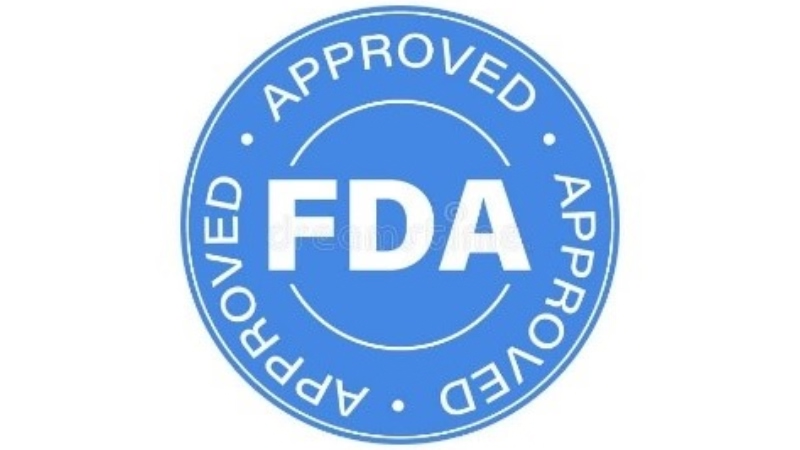
The FDA regulates a diverse range of products, setting and enforcing standards for safety, efficacy, and quality in manufacturing, distribution, and marketing. It reviews and approves drugs, evaluates clinical trial data, monitors and enforces food safety regulations, oversees biopharmaceuticals and vaccines, regulates medical devices, tobacco products, cosmetics, and dietary supplements
KOSHER
Kosher certification in the food industry involves ensuring that food products comply with Jewish dietary laws (kashrut). Products meeting these standards receive a "kosher" label. Certification is granted by a rabbinic authority, and compliance may involve specific processing methods, ingredient checks, and facility inspections.
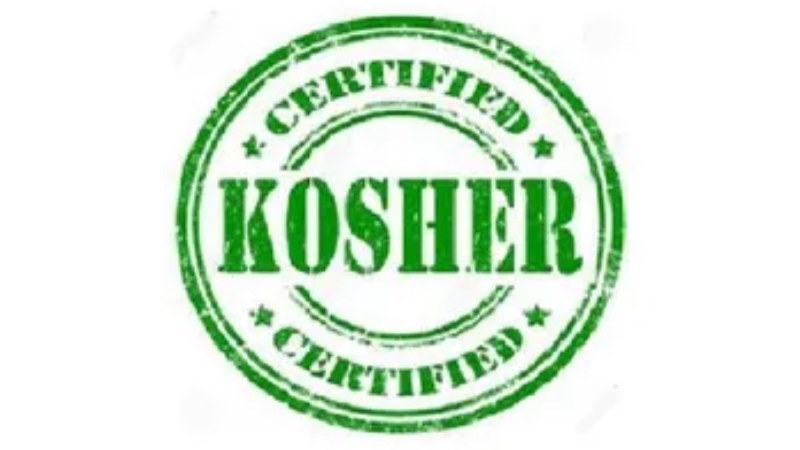
Kosher certification enhances market appeal for a diverse consumer base, including those adhering to Jewish dietary practices, and signifies adherence to religious guidelines in food production.
F. Kosher:
Kosher certification in the food industry involves ensuring that food products comply with Jewish dietary laws (kashrut). Products meeting these standards receive a "kosher" label. Certification is granted by a rabbinic authority, and compliance may involve specific processing methods, ingredient checks, and facility inspections. Kosher certification enhances market appeal for a diverse consumer base, including those adhering to Jewish dietary practices, and signifies adherence to religious guidelines in food production.
- Following Tradition:Observant Jews consume only food following these religious guidelines.
- Focus on Animals: Only specific animals are allowed, and they must be slaughtered in a prescribed way.
- Meat & Dairy Separate: Meat and dairy products cannot be consumed or cooked together.
- Supervision Needed:Kosher certification ensures compliance by a trained Rabbi.
- Beyond Food: Kosher applies to ingredientsin processed foods, wines, and even some medications.
- Global Observance: Millions follow Kosher worldwide, creating a significant market for certified products.
- Symbol of Quality: Kosher certification can also signify high-quality ingredients and production processes.
- Detailed Rules: The specifics of Kosher laws are vast and complex, overseen by Rabbinical authorities.
- Personal Choice: Beyond religious observance, some choose Kosher for dietary or ethical reasons.
- Growing Market: With rising health consciousness, Kosher food is gaining wider appeal.
BRC Certification
The BRC (British Retail Consortium) Global Standards is a leading global safety and quality certification program for food and other consumer products. It provides a framework for best practices in food safety, quality, and operational criteria, ensuring compliance with legal obligations and protection of consumers. Here's an overview of BRC in relation to the food industry:
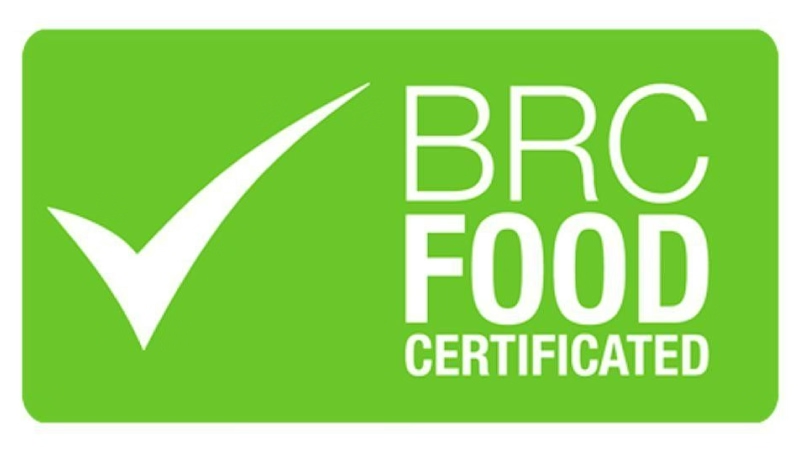
Certification Program:
- BRC Global Standards offer a certification program that covers various aspects of the food supply chain, including production, packaging, storage, and distribution.
Scope:
- BRC standards are applicable to different sectors within the food industry, such as food manufacturers, packaging manufacturers, storage and distribution facilities, and retailers.
BIS certification
The Bureau of Indian Standards (BIS) plays a crucial role in setting standards for various products, including those in the food industry. Please note that regulations may be subject to change, and it's essential to refer to the latest guidelines and updates from BIS or other relevant authorities
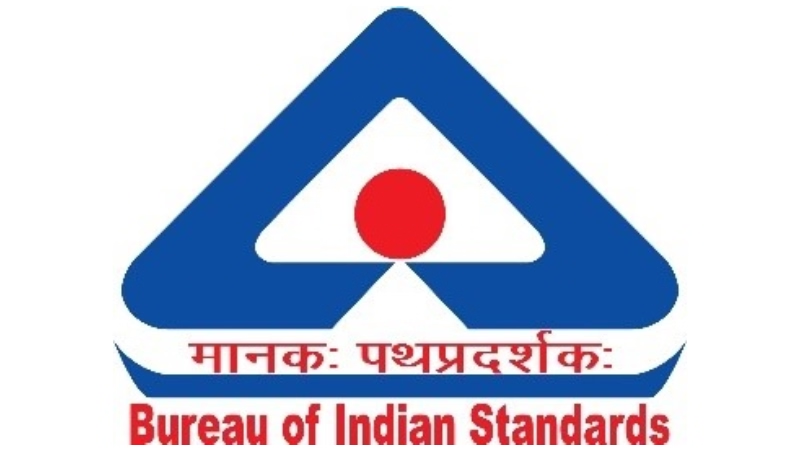
Mandatory BIS Certification:
- BIS may mandate certification for certain food products to ensure they meet defined quality and safety standards.
ISI Mark:
- The ISI (Indian Standards Institute) mark or BIS mark on food products indicates compliance with the specified standards.
Food Safety Standards:
- BIS establishes and maintains standards for various food products to ensure their safety, quality, and conformity to regulatory requirements.
Packaged Drinking Water and Packaged Natural Mineral Water:
- BIS sets standards for packaged drinking water and packaged natural mineral water to ensure quality and safety.
FAQ's
Frequently Asked Questions
What services does Rakhumai Engineering & Services provide?
We offer end-to-end project management solutions for the food processing industry, including site selection, planning, designing, equipment sourcing, installation, and operational support.
Which industries do you cater to?
Our primary focus is the food processing industry. However, we also provide solutions to businesses requiring industrial project management and sustainable manufacturing support.
How does your process work?
Our process begins with understanding your business goals and requirements. We then develop a tailored plan covering every phase, from site acquisition and layout design to implementation and commissioning.
Do you provide custom solutions?
Yes, we specialize in creating custom solutions tailored to the unique needs of each client, ensuring optimal efficiency and results.
Can you help us achieve sustainable operations?
Absolutely. Sustainability is at the core of our services. We implement eco-friendly practices and energy-efficient solutions to help you achieve long-term growth.



